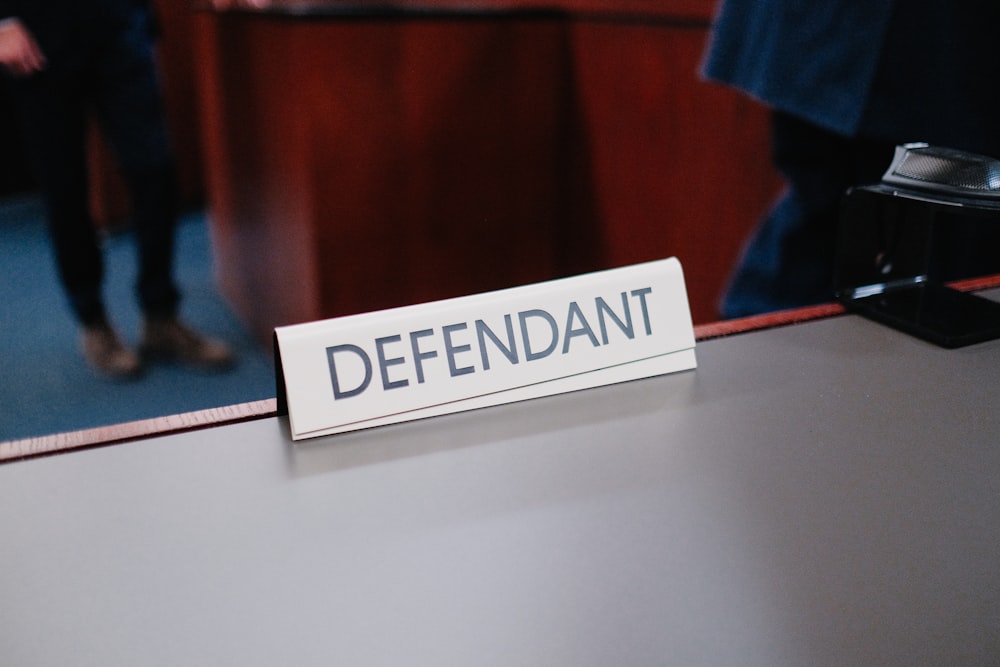Understanding Civil Law Guardianship: Essential Insights
Introduction:
Civil law guardianship is a crucial legal arrangement designed to protect the rights and interests of individuals who are unable to make decisions for themselves. Whether due to age, disability, or incapacitation, these individuals rely on appointed guardians to advocate on their behalf and ensure their well-being. In this article, we’ll explore the fundamentals of civil law guardianship and provide essential insights for those involved in the process.
The Role of a Guardian:
At the heart of civil law guardianship is the role of the guardian, who acts as a legal representative for the individual in need of protection. Guardians are entrusted with making decisions related to healthcare, finances, living arrangements, and other important matters. It’s a position of great responsibility, requiring compassion, diligence, and a commitment to acting in the best interests of the ward at all times.
Types of Guardianship:
Civil law guardianship can take various forms, depending on the specific needs and circumstances of the individual involved. Full guardianship grants the guardian complete authority to make decisions on behalf of the ward, while limited guardianship may only cover specific areas of decision-making. Temporary guardianship may be appointed in emergency situations,















